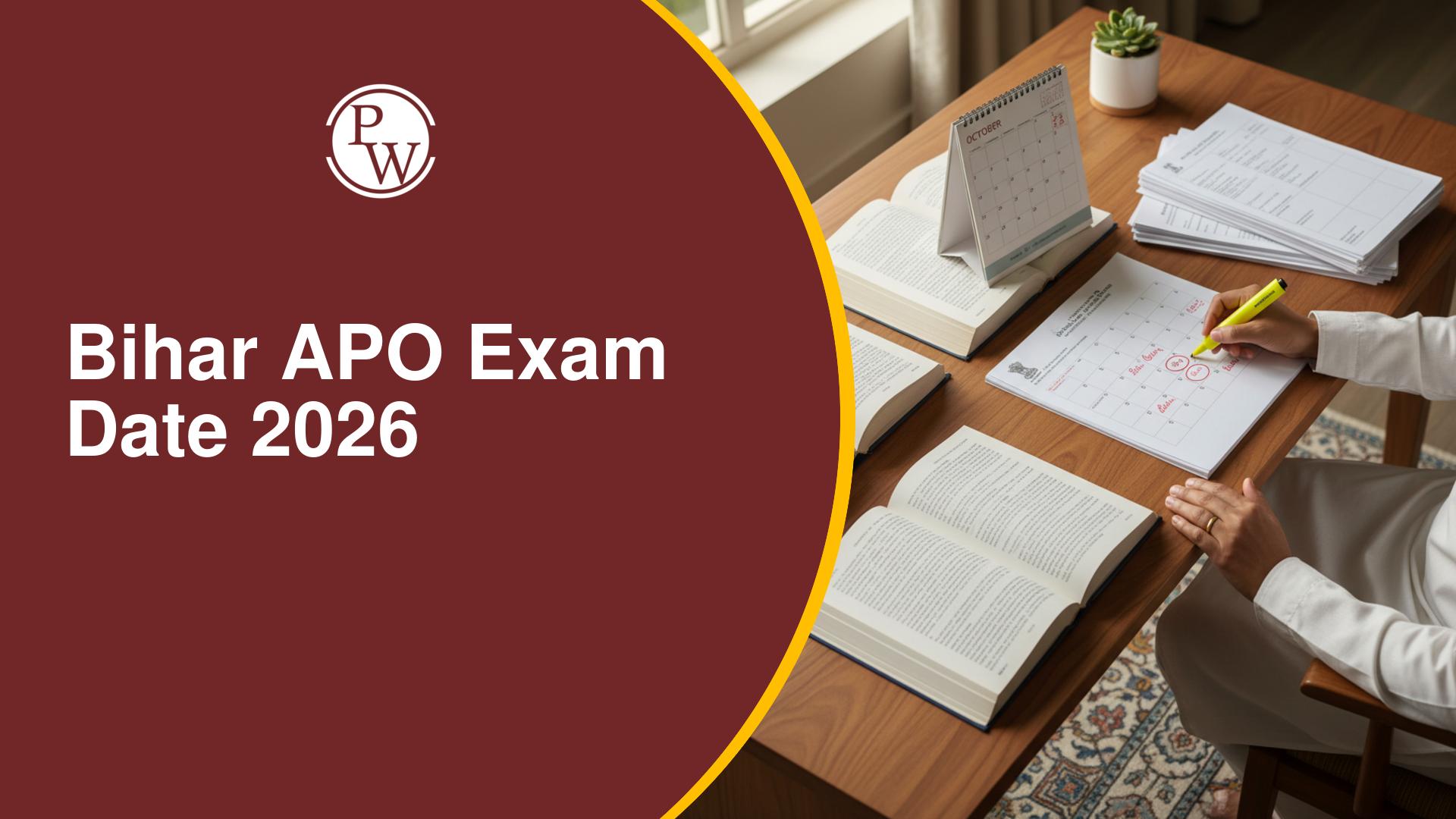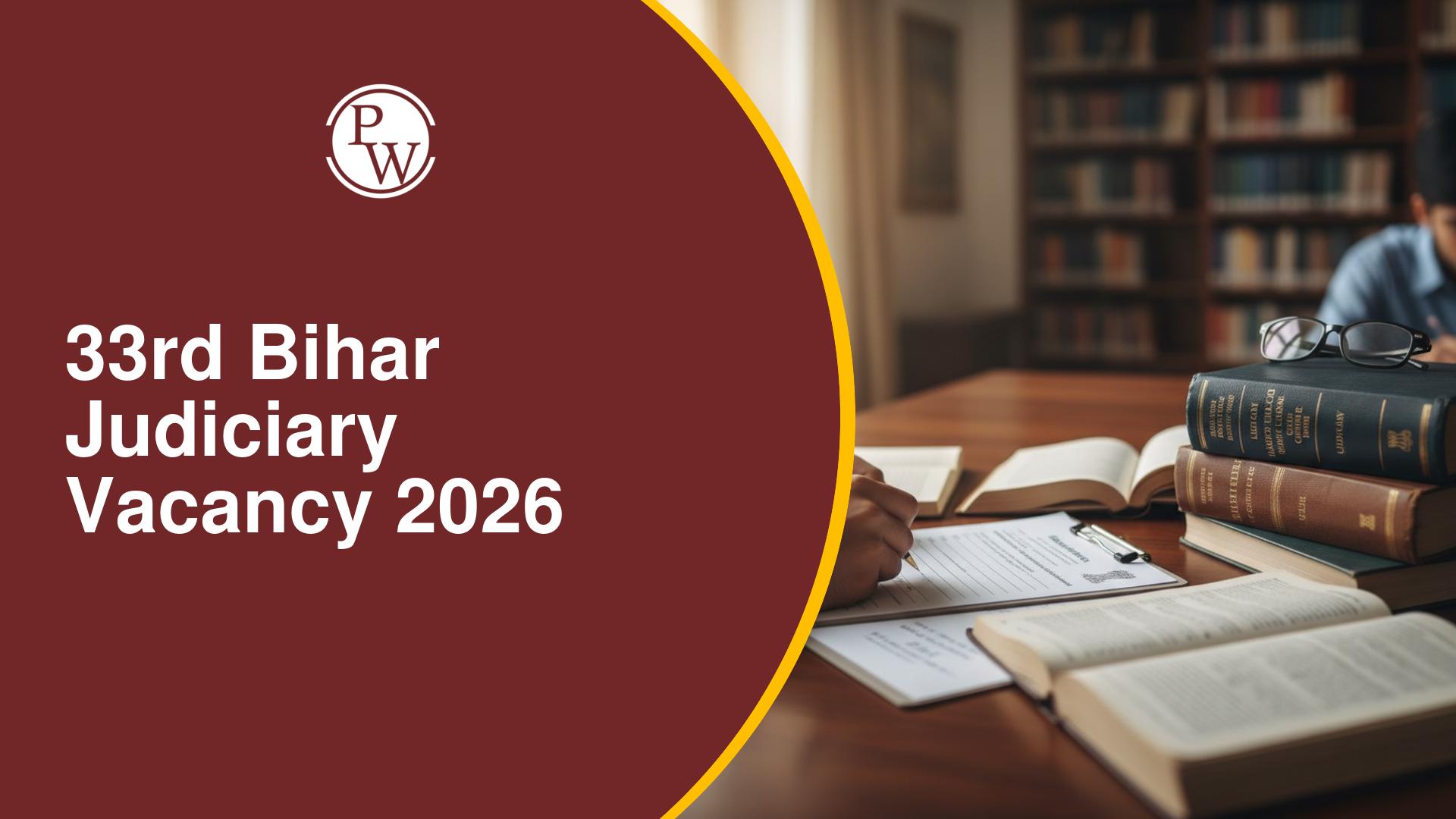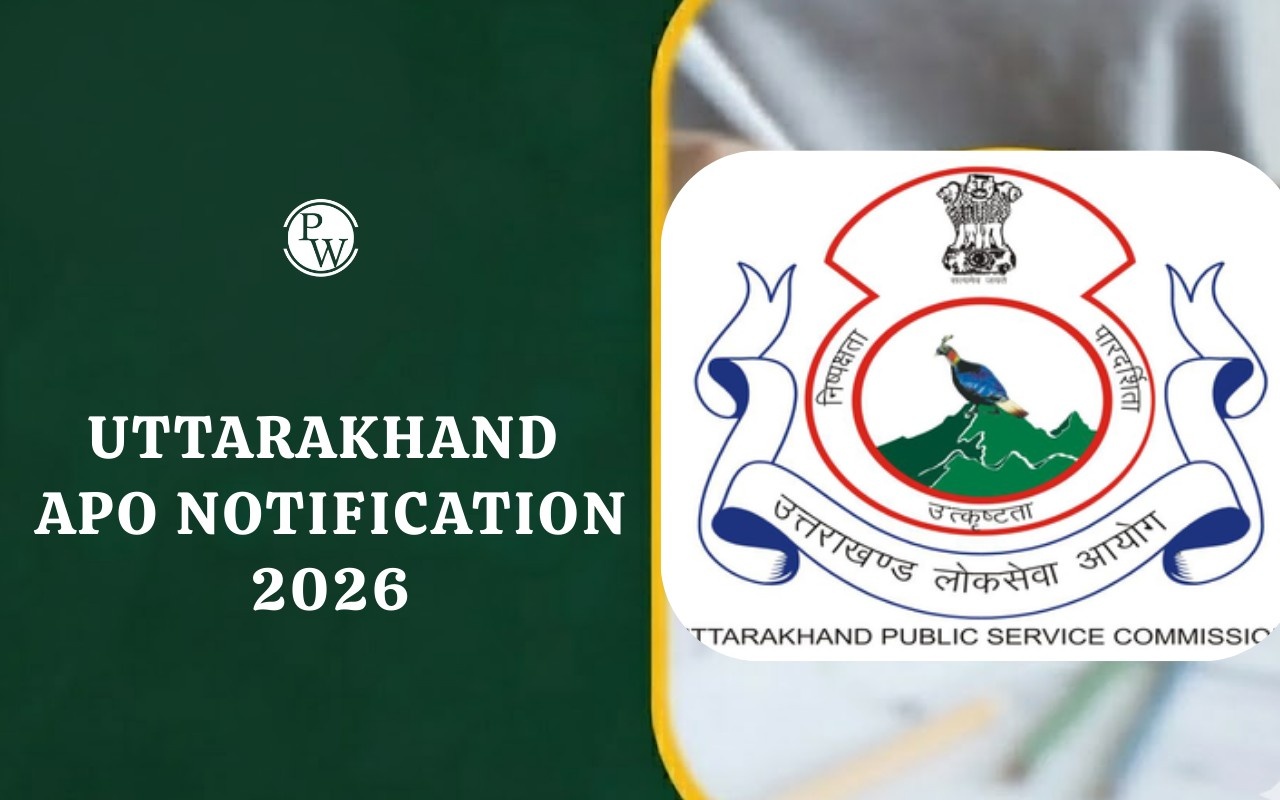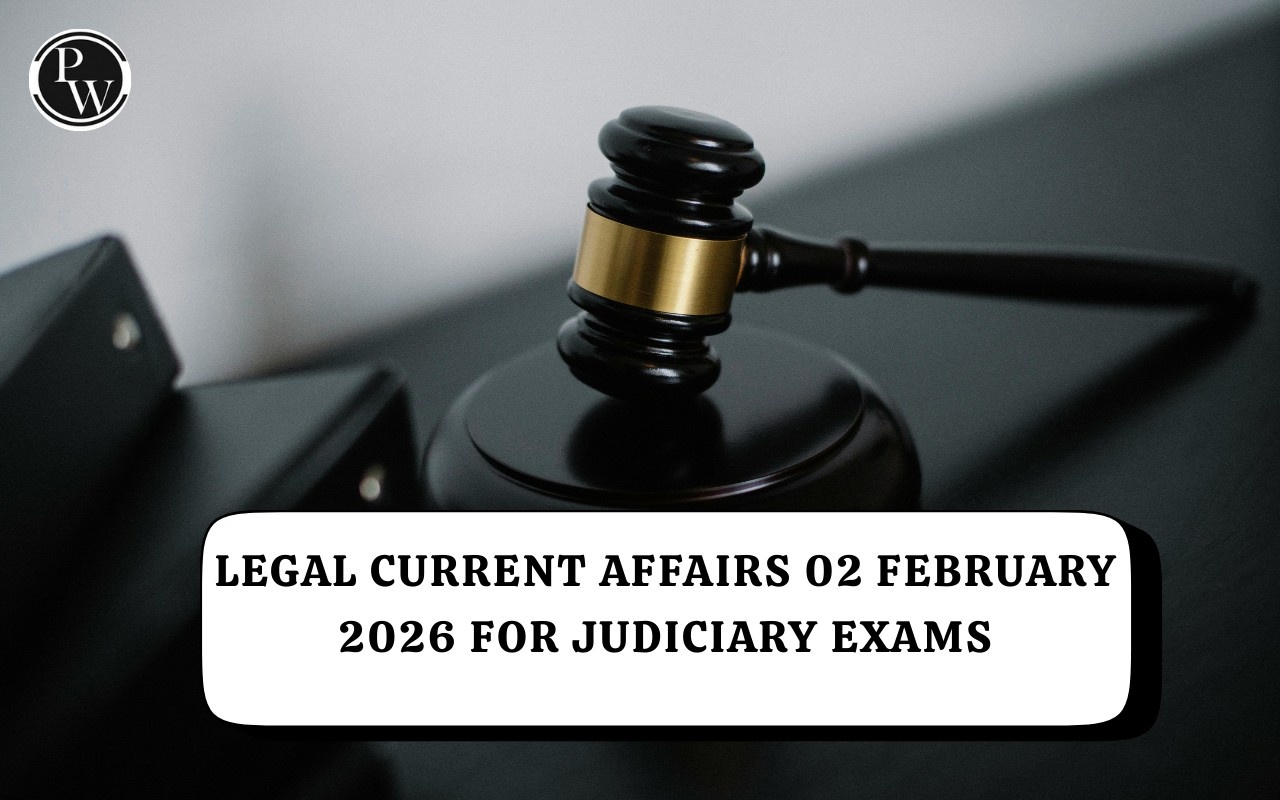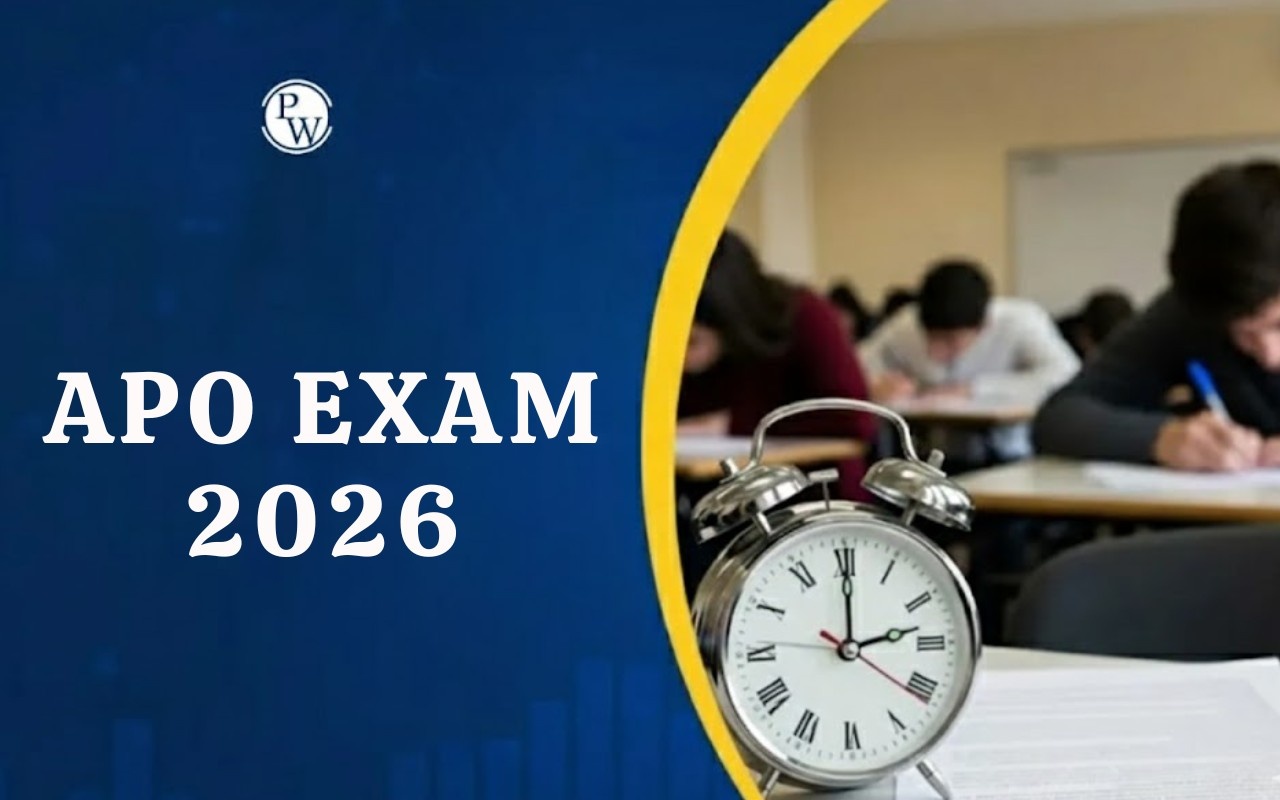
3 year Practice for Civil Judge Exam: The eligibility criteria for judicial services examinations in India vary from state to state, leading to confusion among aspirants regarding the necessity of 3-year practice for the Civil Judge Exam in 2025. Some states mandate prior legal practice, while others allow fresh graduates to apply. Understanding these requirements is crucial for aspirants planning to appear for the Civil Judge Exam 2025.
3 Years Practice for the Judiciary Latest News Today
As of the latest developments, several High Courts and State Public Service Commissions have reaffirmed the mandatory clause of 3 years of practice for judiciary as per the eligibility norms for Civil Judge posts. States like Delhi, Haryana, and Madhya Pradesh are actively implementing this rule in upcoming recruitment cycles.
The legal community is also witnessing discussions around whether the 3-year Practice for Civil Judge Exam should be flexible for meritorious fresh law graduates, but no change has been officially announced in policy yet. Aspirants are advised to stay updated through official state judiciary portals and High Court notifications.
Supreme Court Mandates 3 Year Practice for Civil Judge Exam
On Tuesday, May 2025, a bench led by Chief Justice of India B.R. Gavai, along with Justices A.G. Masih and K. Vinod Chandran, issued a landmark verdict mandating three years of minimum legal practice as an eligibility requirement for candidates applying for the post of Civil Judge (Junior Division) across all states.
The bench observed that appointing fresh law graduates without courtroom experience has created several challenges in the functioning of the judiciary. Therefore, it concluded that practical exposure through at least three years of practice at the Bar is essential for maintaining judicial competence and upholding justice delivery standards.
Key Highlights of the Verdict:
-
Three-year practice requirement restored.
-
Effective only for future recruitment—ongoing processes initiated before May 20, 2025, remain unaffected.
-
Experience as law clerks and provisional enrollment can be counted toward the 3-year requirement.
-
Proof of experience requires a certificate from an advocate with 10+ years’ experience, endorsed by a judicial officer or an officer designated by the High Court/Supreme Court.
Supreme Court Judgement on Judiciary Exams
The Supreme Court of India, in recent judgments, has upheld the constitutional validity of requiring 3 years of practice as an eligibility criterion for Civil Judge exams. In various rulings, the Court emphasised the importance of practical court experience before assuming judicial responsibilities.
One landmark ruling clarified that it is within the purview of the State Public Service Commission or High Court to impose such a requirement to ensure judicial competency. The Court further stated that such practice must be genuine, verifiable, and compliant with legal standards.
Hence, the 3 year Practice for Civil Judge Exam has strong judicial backing and will likely remain an essential criterion unless amended by a constitutional body or legislation.
Impact of the Supreme Court's Verdict on Judicial Aspirants
The Supreme Court’s forthcoming judgement on the mandatory practice requirement will significantly influence judicial aspirants across India. If the Court upholds the minimum practice rule, candidates without substantial courtroom experience may face limitations in pursuing a Civil Judge role. Conversely, a relaxation or removal of the rule could open doors for fresh law graduates, reshaping the landscape of judicial recruitment. Understanding the implications of this judgement is crucial for law graduates, legal professionals, and judicial exam aspirants planning their careers.
Why Did the Supreme Court Reinstate the 3 Year Practice Rule for Judiciary?
The Court observed that allowing fresh law graduates into the judiciary has resulted in:
-
Inadequate exposure to courtroom dynamics and judicial functioning.
-
Poor decision-making skills, due to a lack of real-world legal experience.
-
The importance of life, liberty, and property issues dealt with by judges requires more than just theoretical knowledge.
Quoting the Judgment:
"Neither knowledge based on law books nor pre-service training could be an adequate substitute for the first-hand experience of the court system and administration of justice."
Impact of the Supreme Court's Verdict on Judicial Aspirants
The Supreme Court’s ruling is imperative across India and will drastically change the landscape of judicial recruitment in 2025 and beyond:
What Changes Now?
-
Fresh law graduates will no longer be eligible to directly appear for the Civil Judge (Junior Division) exams.
-
A minimum of 3 years of active legal practice is now mandatory for all candidates, regardless of the state they apply in.
-
States that earlier permitted direct entry (like UP, Bihar, Rajasthan, MP) must now revise their recruitment rules to align with the Supreme Court's verdict.
When Will 3 Year Practice for Judicary Be Counted?
The 3 year Practice for the Civil Judge Exam is typically counted from the date of enrollment with the State Bar Council as an advocate under the Advocates Act, 1961. This period must reflect continuous and active legal practice before any court of law or authority recognised under judicial norms. Courts generally accept valid proof in the form of:
-
Bar Council Enrollment Certificate
-
Certificate of Practice issued by the Bar Association
-
Affidavits or Experience Certificates from senior advocates
Candidates must ensure that the 3 year Practice for the Civil Judge Exam is completed on or before the cut-off date mentioned in the official recruitment notification of the respective state judicial services.
Background of the 3-Year Practice Requirement
A disputed and challenging amendment introduced an additional eligibility qualification for the post of Civil Judge (Junior Division), which stated that a candidate should either:
-
Be a practising advocate for 3 years, or
-
Be an outstanding law graduate with a brilliant academic career, having passed all exams on the first attempt with at least 70% marks in the case of General and OBC categories and at least 50% in the case of reserved categories.
Historical Context (The 2002 Shift and 2025 Reversal)
In 2002, the Supreme Court relaxed the 3-year practice rule, accepting the Shetty Commission’s recommendation that removing the requirement would help attract young talent. However, experience has shown that the decision was counterproductive, leading to inexperienced and ill-equipped judicial officers.
Now, after nearly two decades, the Court acknowledges that practical experience is non-negotiable for maintaining judicial standards.
Understanding the Eligibility Criteria for Civil Judge Exams
Judicial services exams in India are conducted by the respective State Public Service Commissions or High Courts. With the SC verdict, here are the updated eligibility norms for upcoming judicial service exams:
| Criteria | Updated Requirement (Post-SC Verdict) |
|---|---|
| Educational Qualification | LLB Degree from a recognised university |
| Age Limit | Generally 21–35 years (varies by state) |
| Legal Practice | Minimum 3 years of practice mandatory |
| Experience Type | Includes law clerkship and bar practice |
| Proof of Practice | Certificate by a 10+ year Advocate, endorsed by a Judicial Officer |
States Requiring 3-Year Practice for Civil Judge Exam 2025
Prior to the verdict, some states already required a minimum of 3 years of legal practice for candidates applying for the Civil Judge Exam. These include:
-
Haryana Judiciary Exam: The Haryana Public Service Commission (HPSC) mandates 3 years of practice as an advocate for candidates applying for the Haryana Civil Judge (Junior Division) post.
-
Uttarakhand Judiciary Exam: The Uttarakhand Public Service Commission (UKPSC) requires candidates to have 3 years of legal practice as an advocate before applying.
-
Delhi Judiciary Exam: The Delhi Judicial Service Exam mandates 3 years of legal practice for candidates appearing for civil judge recruitment.
These states emphasised the value of practical courtroom experience as a foundational criterion for becoming a judicial officer.
States Where 3-Year Practice Is Not Mandatory Earlier
On the other hand, several states allow fresh law graduates to apply without any legal practice. With the SC’s verdict, these rules will now need to be revised for future recruitments:
-
Madhya Pradesh Judiciary Exam: MP allows fresh LLB graduates to appear for the exam.
-
Rajasthan Judiciary Exam: There is no requirement for 3-year practice, and final-year law students can also apply.
-
Uttar Pradesh Judiciary Exam: The UP PCS J exam permits fresh law graduates to apply directly.
-
Bihar Judiciary Exam: BPSC does not mandate a 3-year practice for the Civil Judge Exam, allowing freshers to appear.
These states provide a direct entry route into the judiciary, enabling young aspirants to join early in their careers.
Impact of 3 Year Practice Requirement on Judiciary Aspirants
The 3 year practice for the Civil Judge Exam has been a matter of debate among law students and legal professionals. Here’s how this requirement affects aspirants:
Advantages of the 3 Year Practice Requirement
-
Practical Knowledge: Legal practice equips candidates with courtroom experience, procedural understanding, and drafting skills, which help in judicial decision-making.
-
Better Understanding of Litigation: Candidates with prior advocacy experience are more familiar with real-world legal issues.
-
Enhanced Legal Reasoning: Exposure to actual cases improves analytical skills, making aspirants better prepared for judicial roles.
Disadvantages of the 3 Year Practice Requirement
-
Delays Career Progression: Candidates who wish to become judges early in their careers face a delay due to the mandatory 3-year practice for Civil Judge Exam in some states.
-
Financial Burden: Many law graduates struggle to establish themselves financially during the initial years of practice.
-
Inconsistency Across States: The lack of uniformity in eligibility criteria creates confusion among aspirants.
What Aspirants Should Do Now
With the Supreme Court mandating a minimum of three years of legal practice for Civil Judge (Junior Division) posts, aspirants must reassess their eligibility and career timeline. Fresh law graduates can no longer apply directly and must gain courtroom experience before appearing for judicial services exams. Here’s what judicial aspirants should consider:
-
Start Practising at the Bar: Enroll with a State Bar Council and begin active legal practice to meet the 3-year eligibility requirement.
-
Maintain a Practice Record: Keep documentation of your legal practice, such as case records, appearance slips, and bar association membership for verification.
-
Use the Time to Strengthen Concepts: Alongside practice, continue preparing for judiciary exams by focusing on core subjects, procedural laws, and case law analysis.
-
Stay Updated with State Notifications: While the Supreme Court ruling sets a national standard, implementation timelines may vary by state. Regularly check official judiciary exam notifications.
Conclusion
With the Supreme Court's clear mandate on the 3-year practice for Civil Judge Exam, the eligibility landscape for judicial aspirants in India has changed definitively. While this decision adds a new layer of preparation and experience, it also aims to strengthen the judiciary by appointing more competent and courtroom-savvy judges.
Aspirants planning for the Civil Judge Exam 2025 and beyond must now focus not only on theoretical knowledge but also on gaining meaningful legal experience before applying. The verdict may be seen as a step toward raising the standards of judicial appointments in India.
Explore the Judiciary Coaching 2025 to access essential resources for Judiciary exam preparation, including detailed insights and strategies. Dive into the Judiciary 2025 for structured courses and focused study plans designed to help aspirants excel in their exams.
3 year Practice for Civil Judge Exam FAQs
Is 3-year practice for Civil Judge Exam mandatory in all states?
What is the eligibility for Civil Judge post?
Can internship be counted in 3 years practice?
Did the Supreme Court remove the 3-year practice rule earlier?
Can fresh law graduates apply for Civil Judge Exam in 2025?


